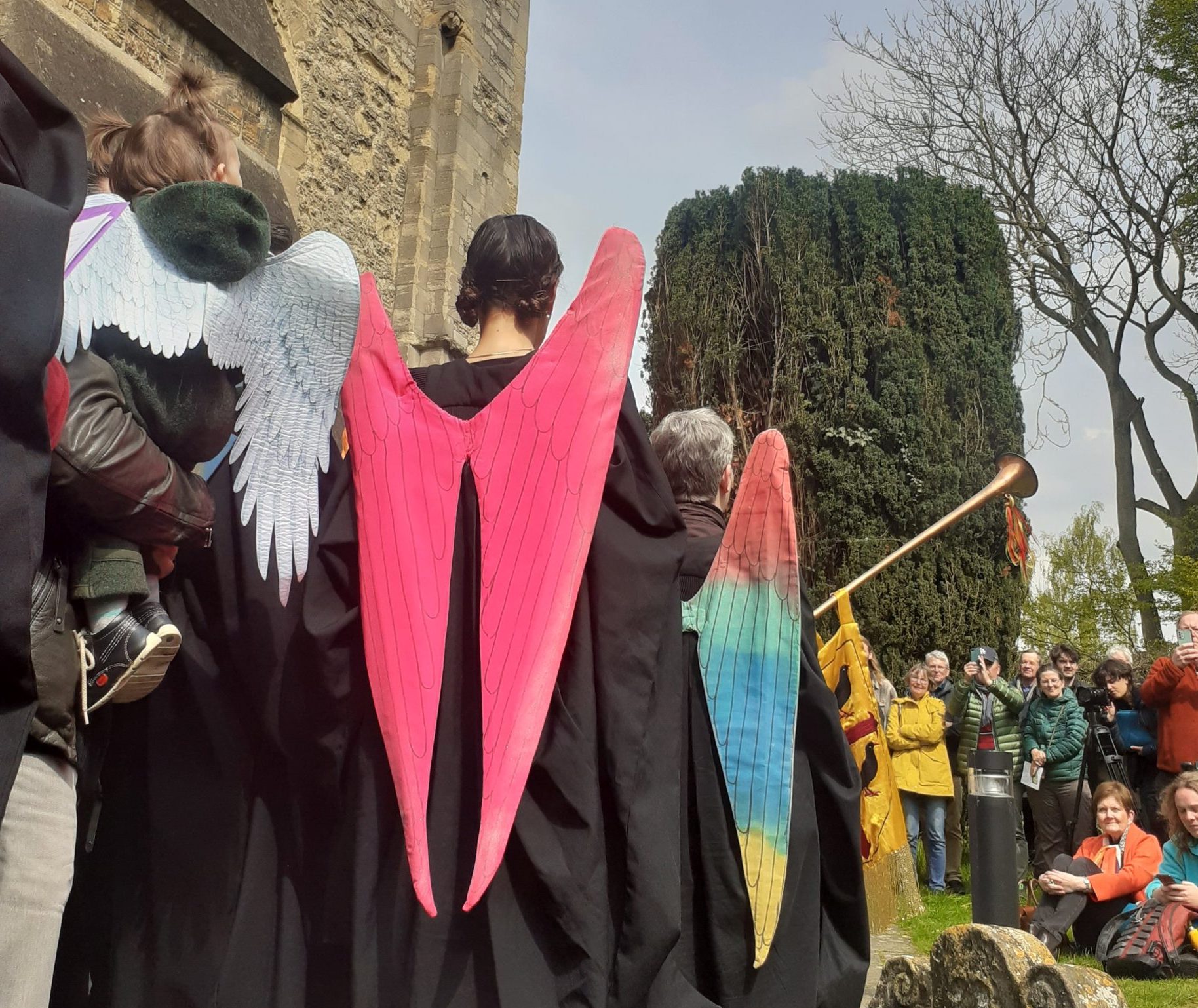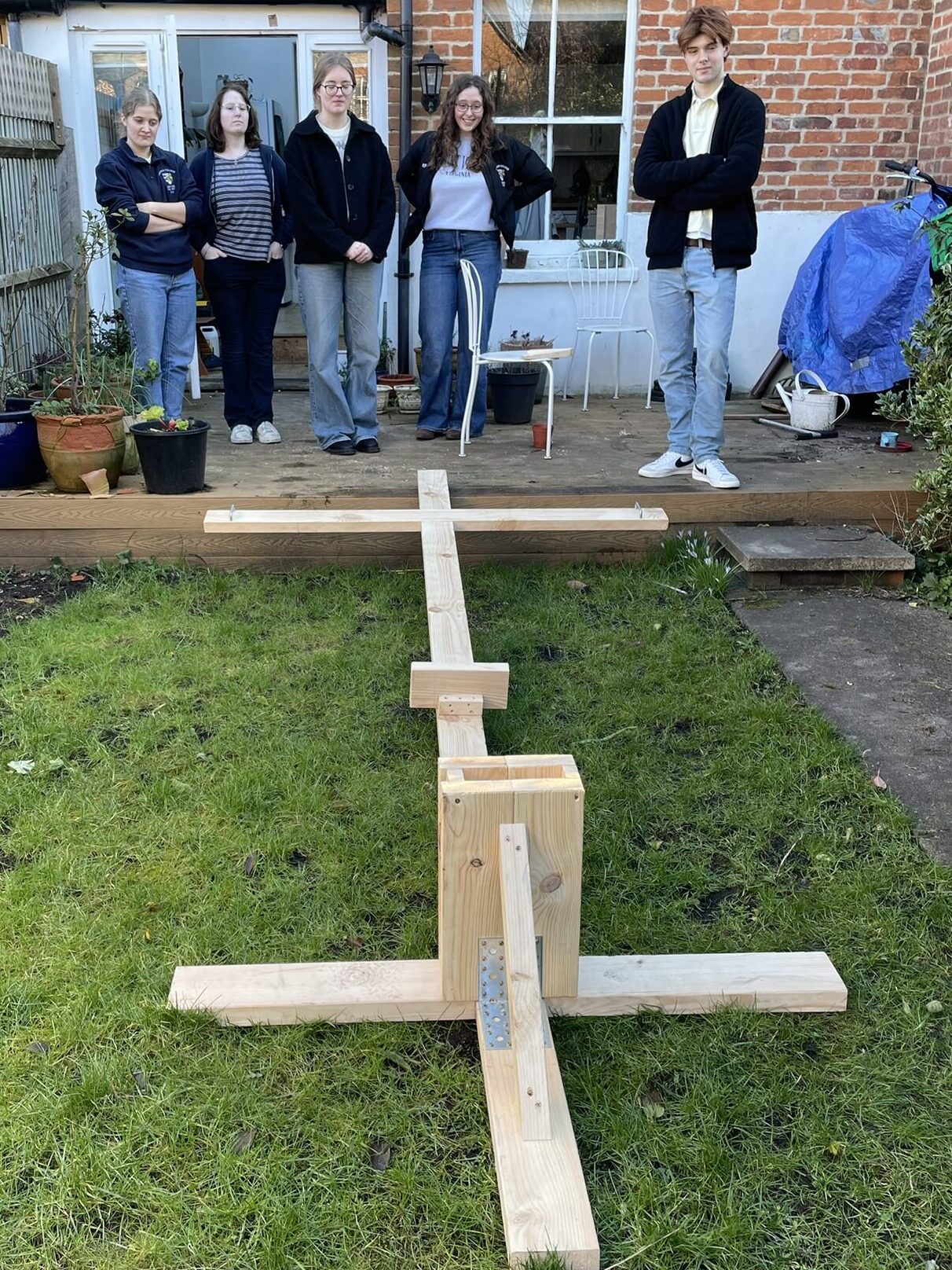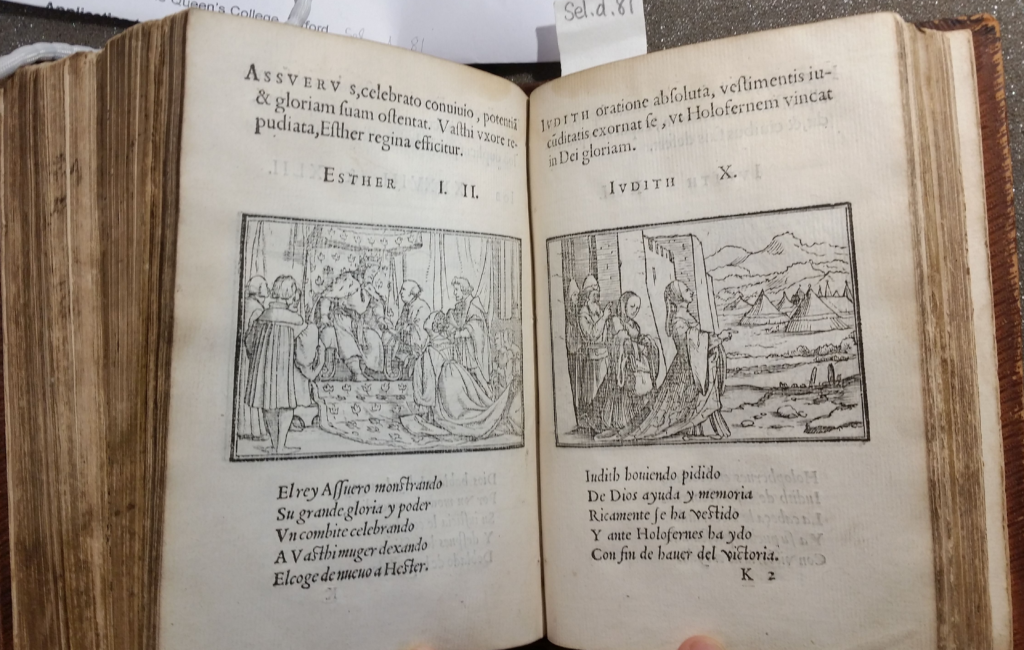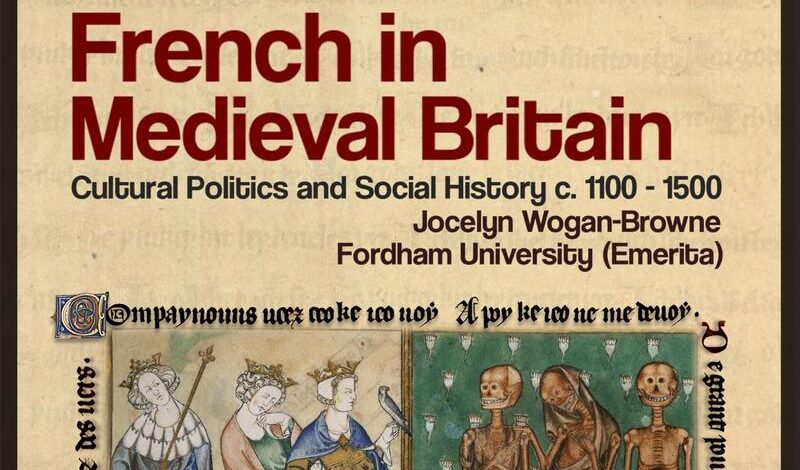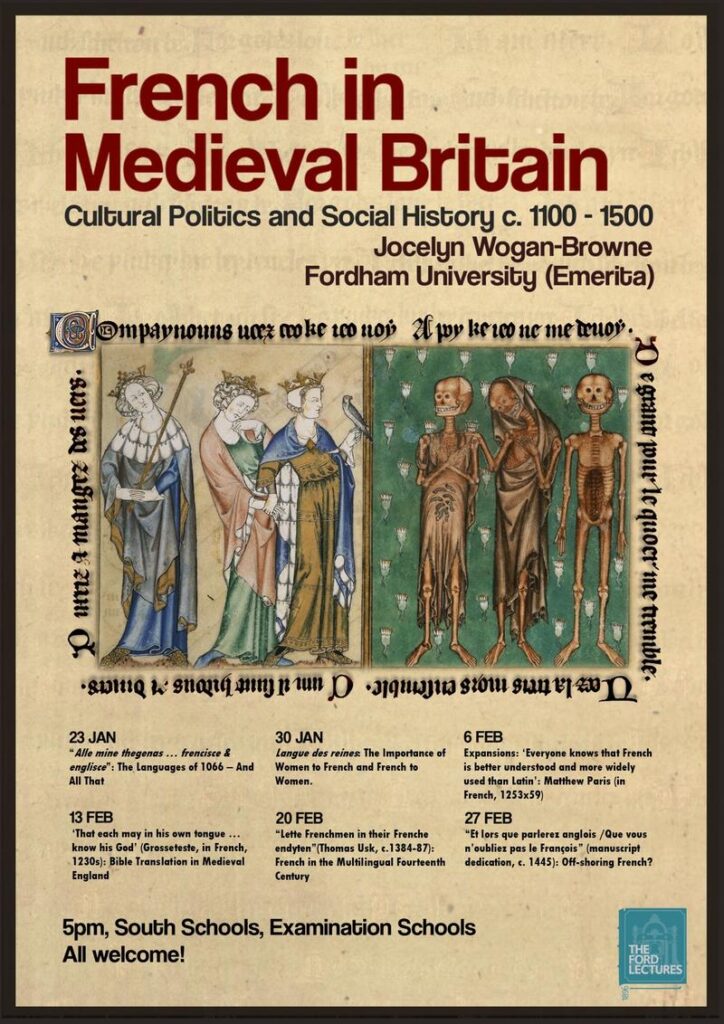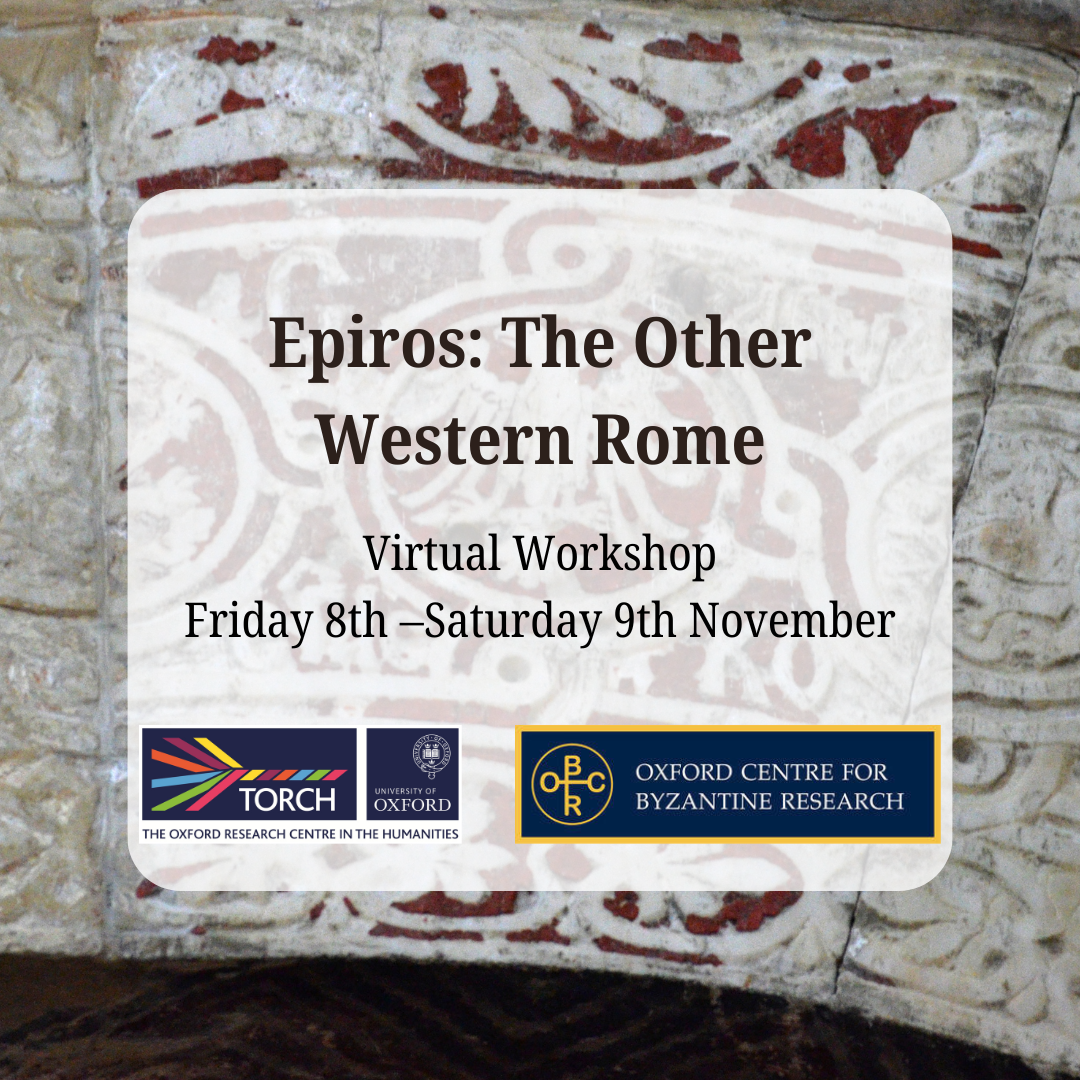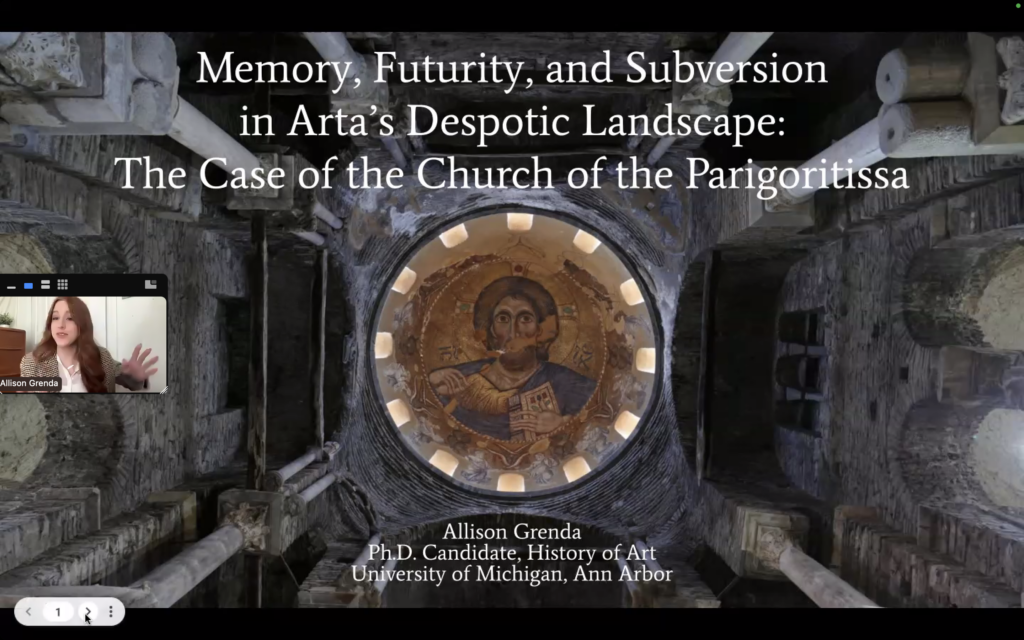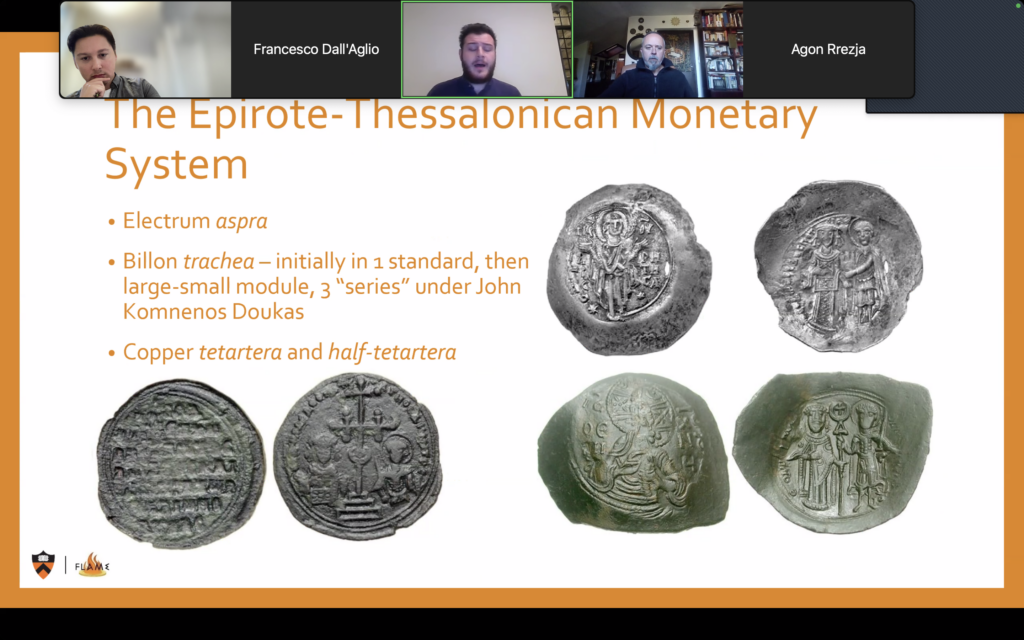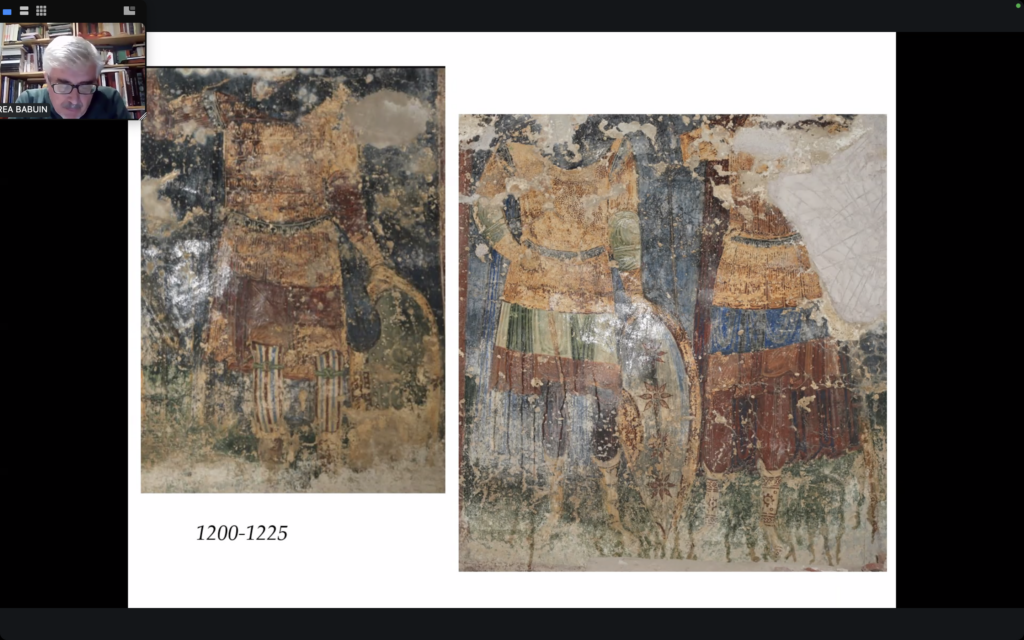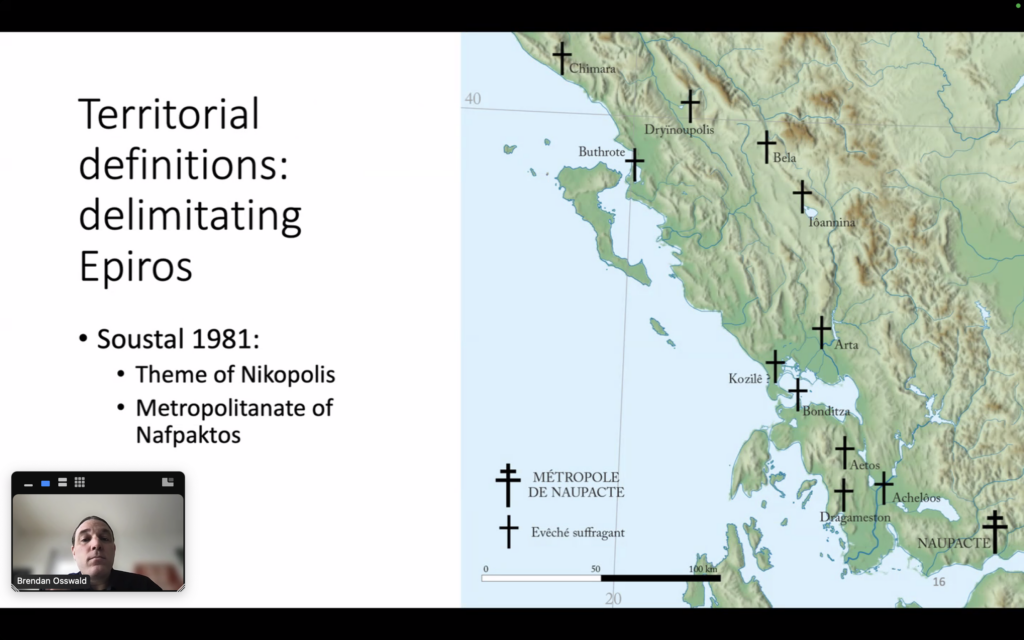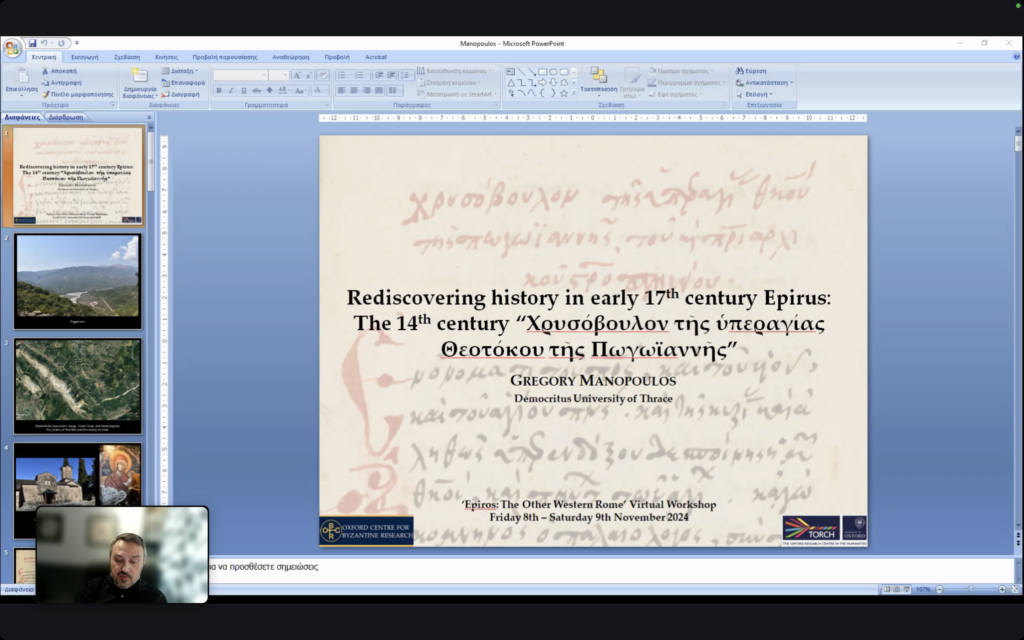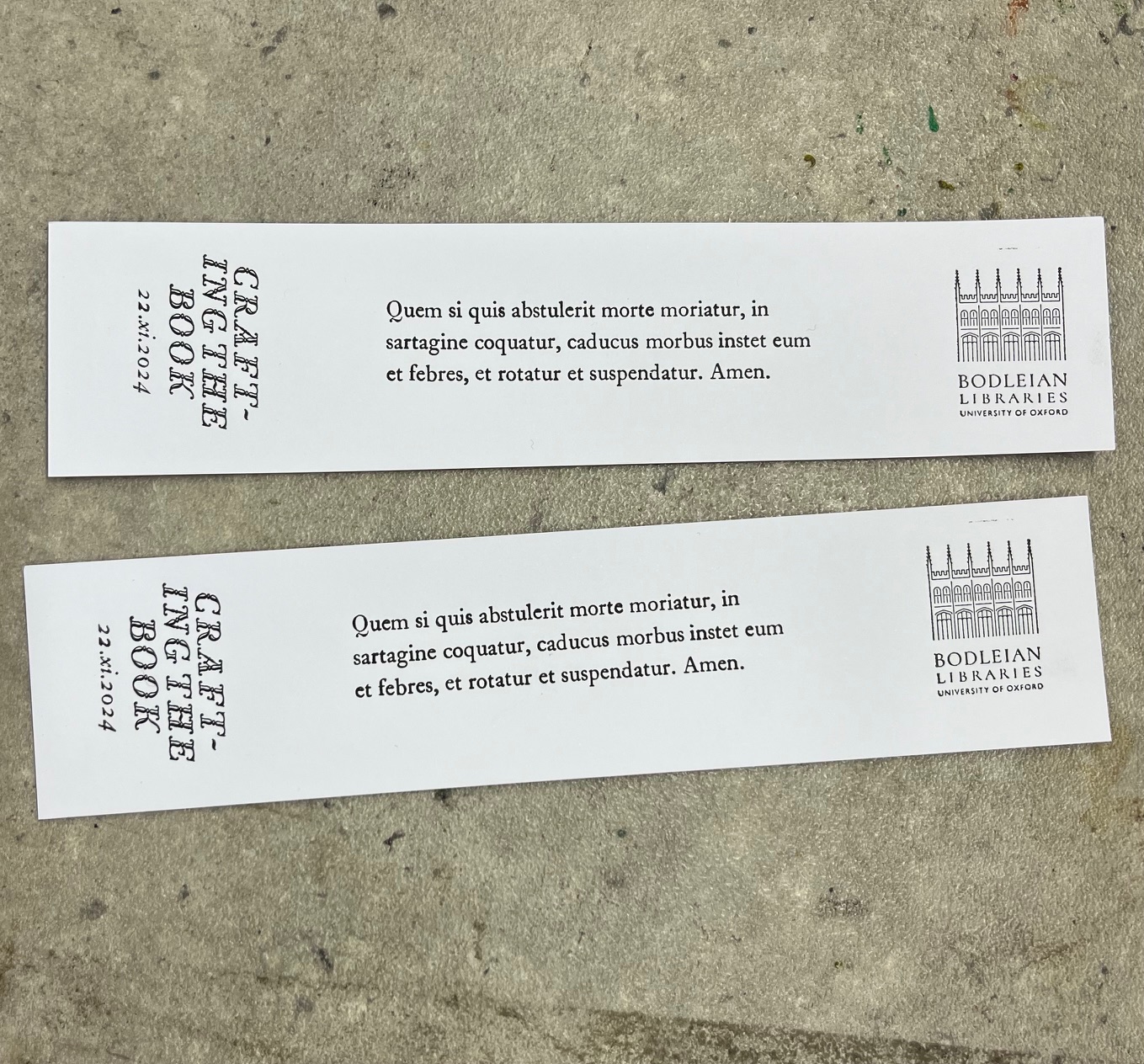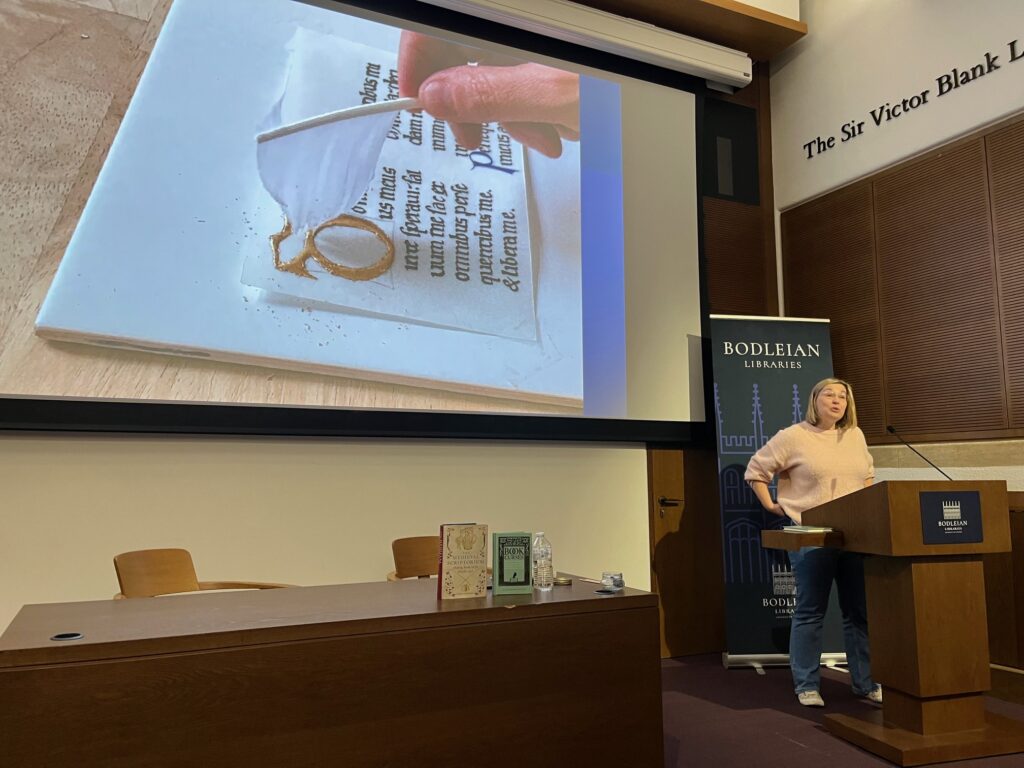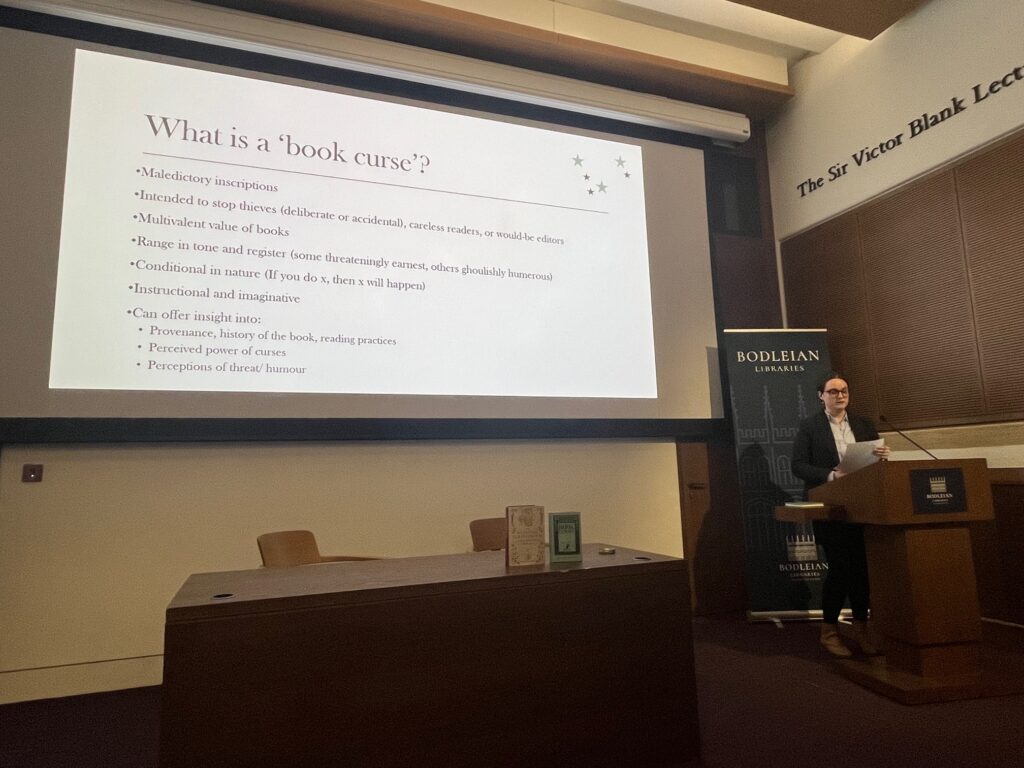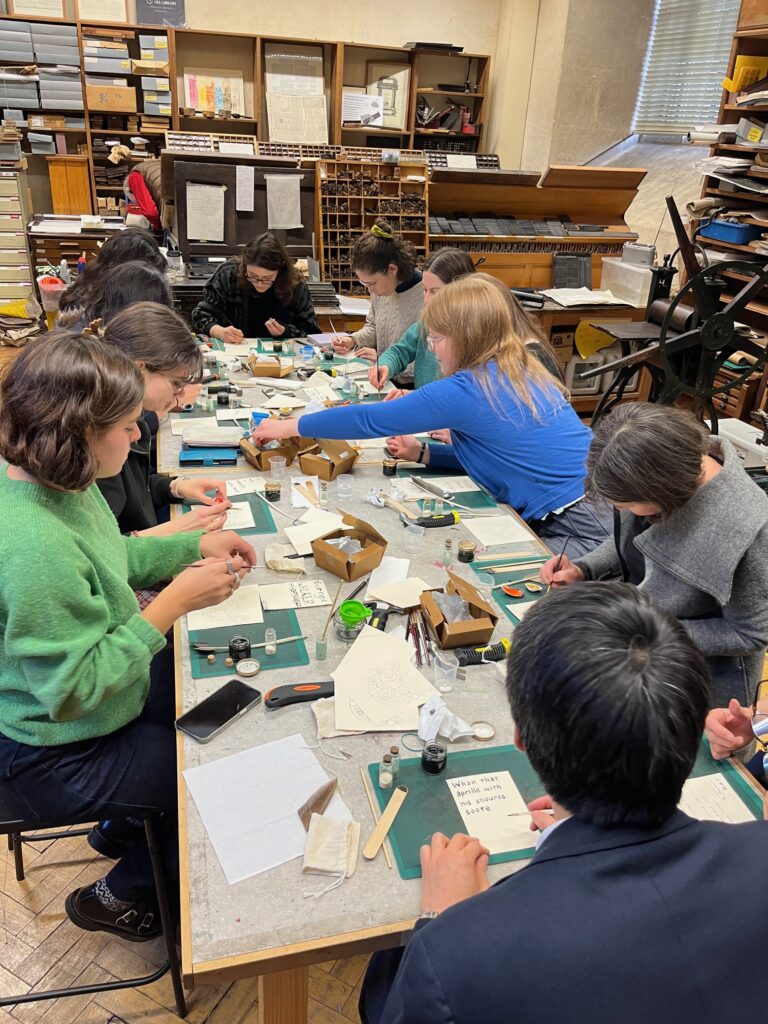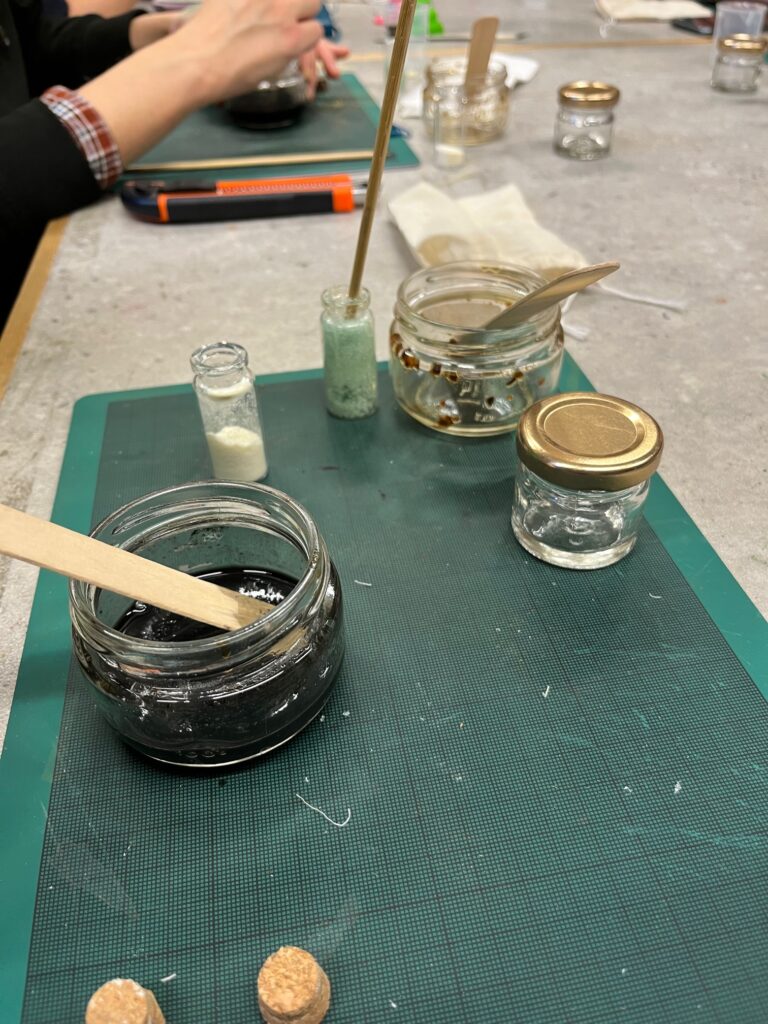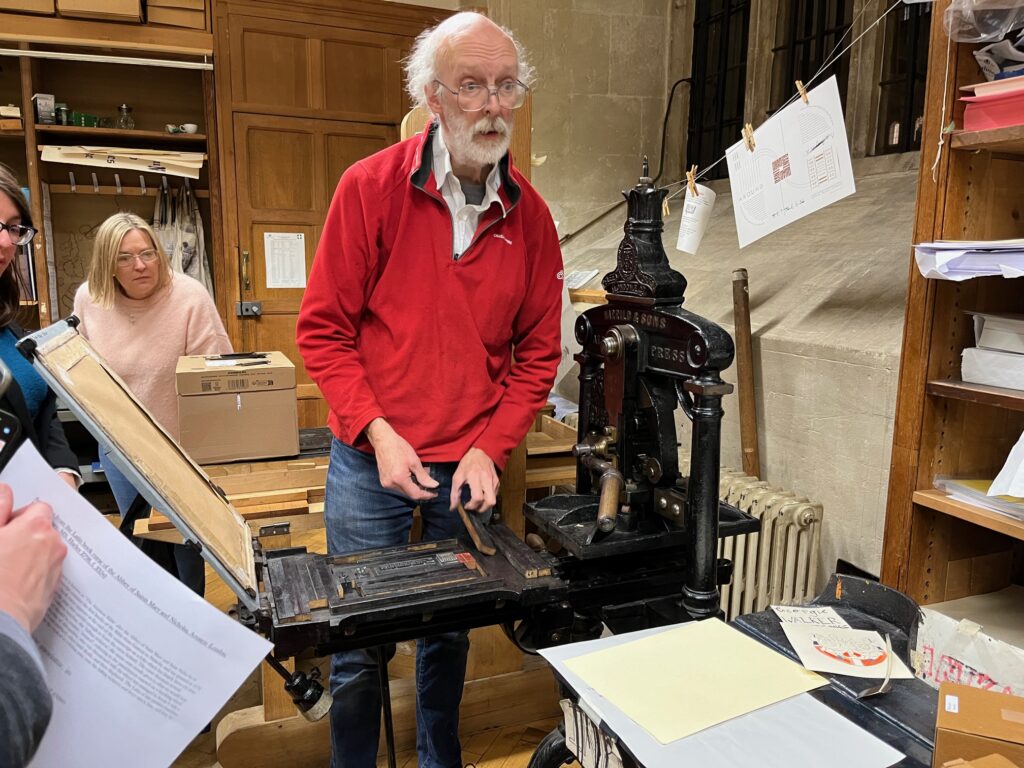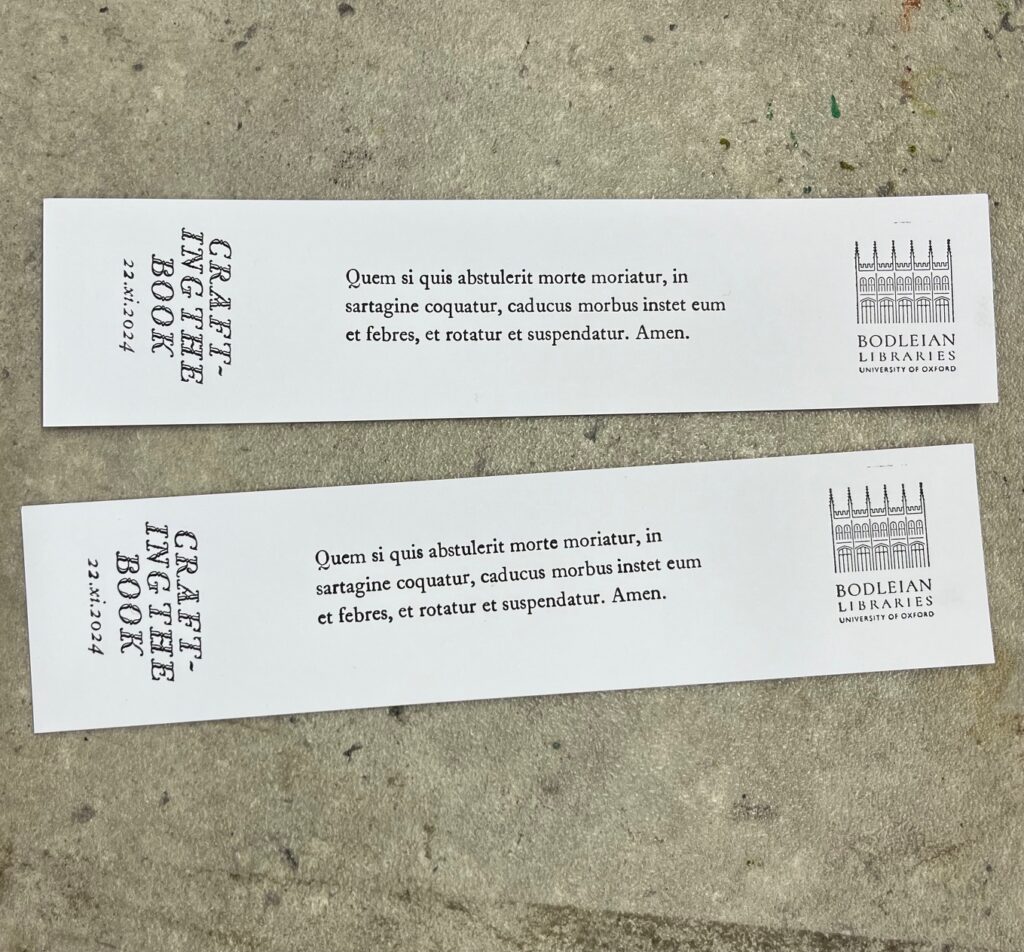Are you curious about what manuscripts can tell us beyond their texts? Join Digital Scholarship @ Oxford and the Bodleian Libraries for a hands-on workshop using data from manuscript catalogues to explore trends and patterns in medieval manuscript production.
You’ll learn:
- What kinds of data can be recorded about manuscripts
- How to interpret and analyse manuscript catalogue entries
- Ways to identify trends and patterns using simple tools like Excel
You’ll have the opportunity to work directly with manuscripts from the Bodleian’s collections, learning new skills that you can apply in your future studies and research. You’ll also get to contribute to the ongoing development of the manuscript catalogues, with your contributions credited on the Bodleian website.
No technical experience is required, just a basic familiarity with Excel.
Spaces are limited and will be filled on a first-come, first-served basis.
Workshop dates:
- Thursday of 3rd week (15th May), 1–5pm – undergraduates
- Thursday of 4th week (22nd May), 1–5pm – undergraduates
- Thursday of 7th week (12th June), 1–5pm – postgraduates
Please still fill in the form if you are unavailable on these dates, as we may be able to make additional workshops available if there is demand.
Signup deadline: Midday, Friday of 2nd Week (9th May)
Signup using the online form here: https://forms.office.com/e/cHL1Zg7qJU
If you have any questions, please contact Seb Dows-Miller at sebastian.dows-miller@bodleian.ox.ac.uk.

